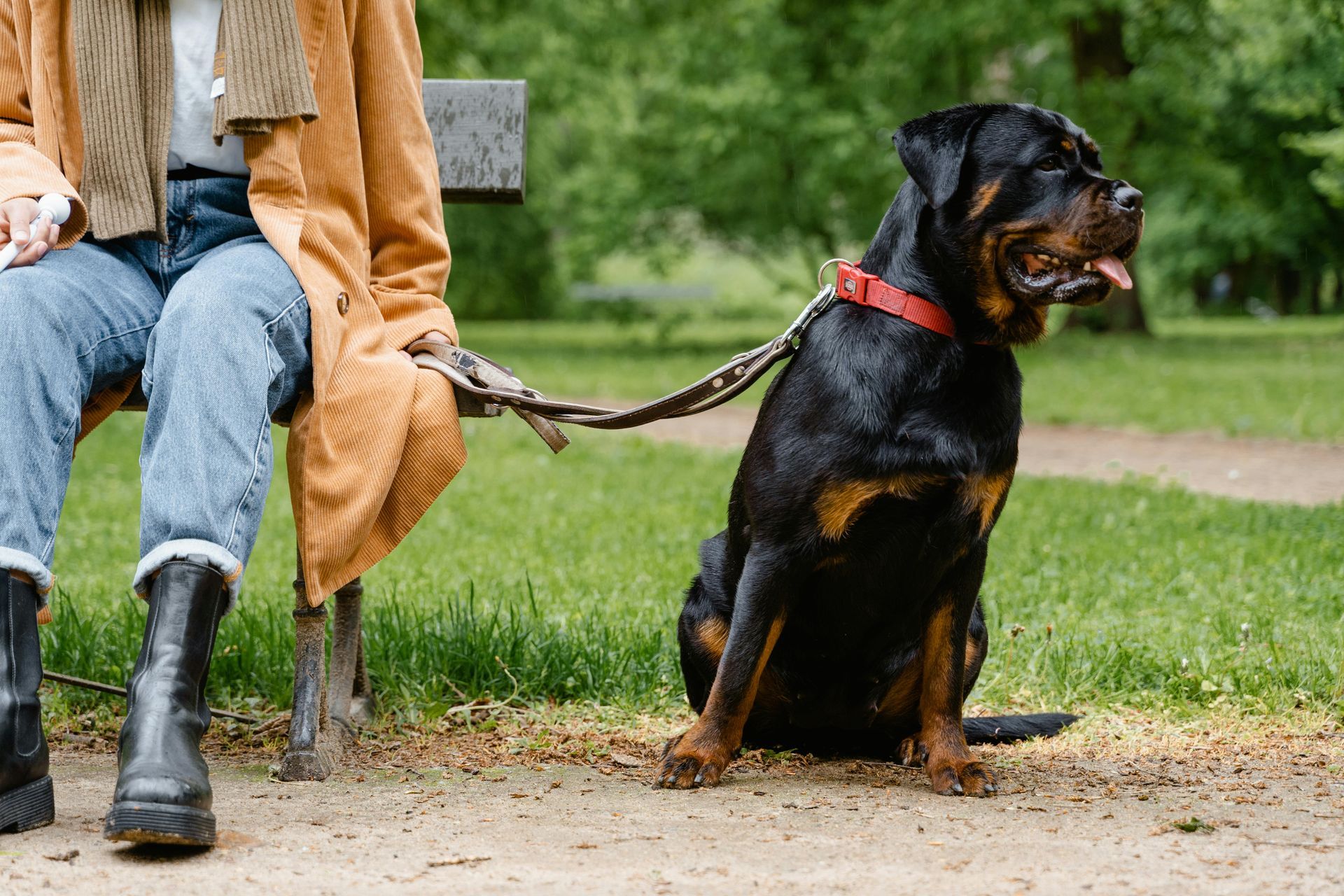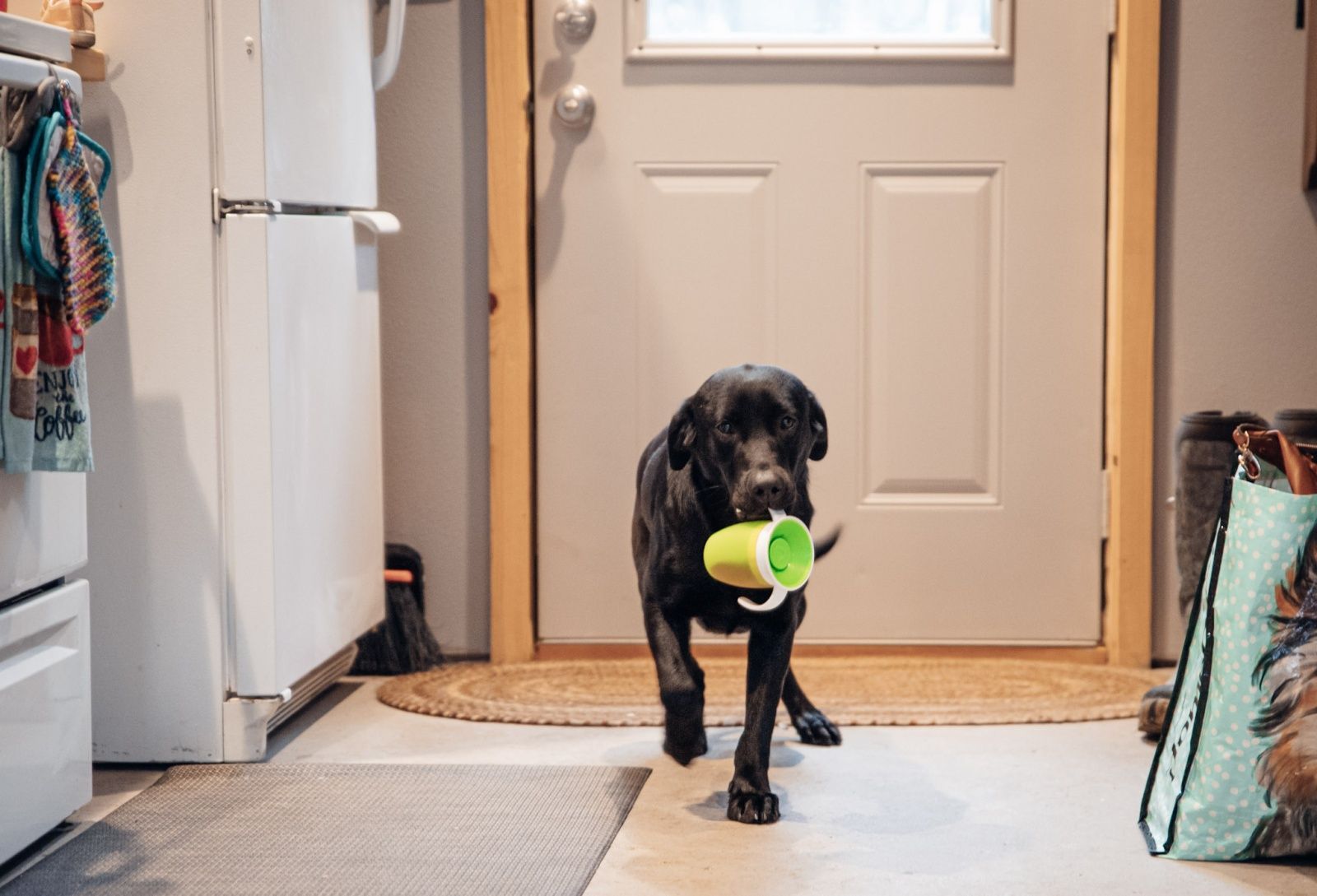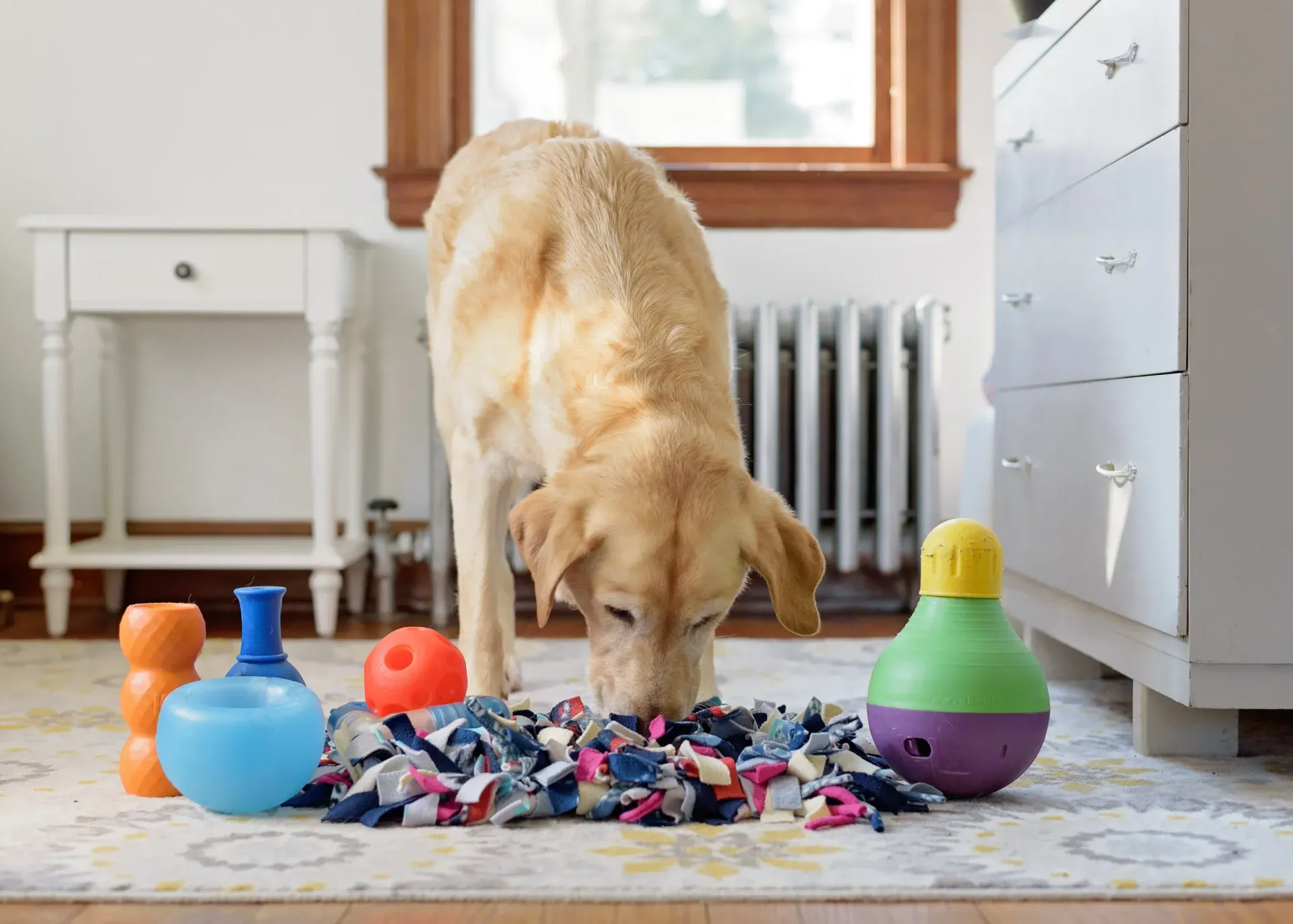Dental Health for Your Dog
Good oral hygiene is crucial for your dog's overall health, but it can be challenging to maintain, especially if your dog is less cooperative during cleanings. Here are practical tips to help ensure your dog’s mouth stays healthy.
Regular Teeth Brushing
Brushing your dog’s teeth is vital for removing plaque and preventing tartar buildup. Start gradually to acclimatize your dog to the process:
- Choose the Right Tools: Use a toothbrush designed for dogs and canine-specific toothpaste, available in flavors like poultry or peanut butter to make the process more appealing.
- Technique: Initially, let your dog get used to you touching its mouth. Then, introduce the toothbrush and toothpaste separately before combining them for a full brushing session.
- Frequency: Aim to brush your dog's teeth at least three times per week, though daily brushing is ideal.
Chew Toys
Incorporate chew toys into your dog’s routine to help naturally clean their teeth. Toys designed for chewing can reduce plaque and control tartar buildup while entertaining your dog. Ensure the toys are safe and appropriate for your dog’s size and chewing behavior.
Clean Water and Bowls
Change your dog’s water frequently to reduce the risk of bacterial growth. Ensure their water bowl is cleaned daily, especially if it’s made from materials like plastic or ceramic, which can harbor bacteria.
Use a Warm Washcloth
For a quick clean, gently wipe your dog's teeth with a warm washcloth. This can help remove leftover food and bacteria without the full process of brushing, making it a convenient option after meals.
Healthy Diet
Consider incorporating crunchy vegetables like carrots and apples into your dog’s diet. These can help clean teeth naturally while providing essential nutrients. Always confirm with your vet before introducing new foods to your dog’s diet.
Dental Treats and Water Additives
- Dental Chews: These treats are formulated to help reduce plaque and freshen breath. They should complement, not replace, regular brushing.
- Water Additives: These products can promote dental health by helping to keep plaque at bay. Ensure any product you use is approved by your vet.
Monitor and React
Keep an eye on your dog’s dental health and consult your vet if you notice signs of oral discomfort or bad breath, which could indicate underlying issues. Regular veterinary check-ups can help catch dental issues before they become severe.
Maintaining your dog’s dental health requires consistent care, but with the right approach, it can become a manageable part of your routine. These steps not only ensure your dog keeps a healthy mouth but also contribute to their overall well-being.


